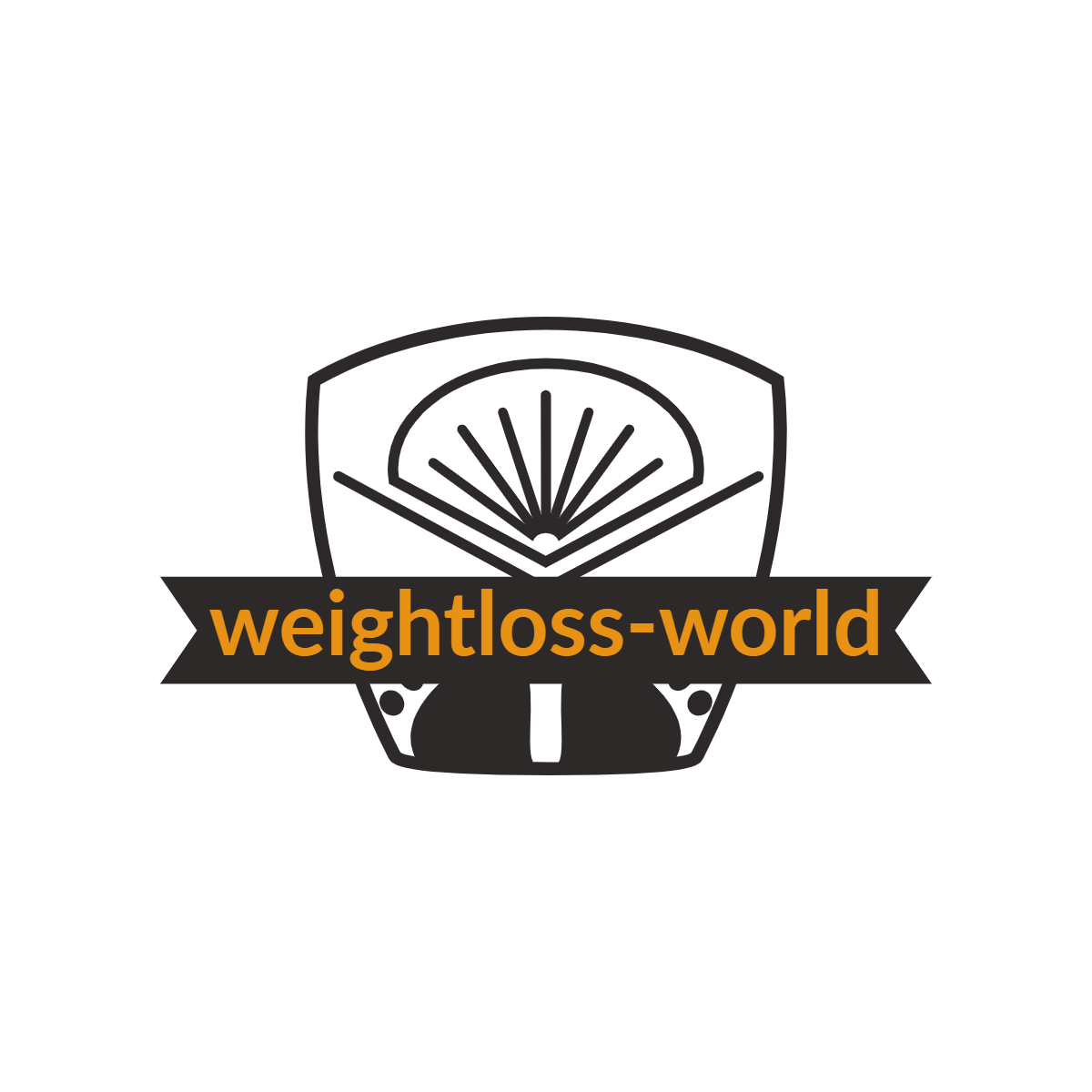Most Effective Diet to Lose Weight?

Jason
March 13, 2024
There isn’t a single diet that has been shown to help people lose weight. Each diet plan works differently for each person because their bodies are different.
To lose weight successfully, you need to make healthy changes to your eating habits, physical routines, and overall way of life.
How to choose the best diet to lose weight
Even though smart marketing or word-of-mouth from friends can trick you, the best thing to do before starting a weight loss plan is to do the following:
- See your doctor: Taking into account your medical background, medications, and health conditions, your doctor can help you come up with a diet plan that works for you.
- Pick one that suits your lifestyle: Each person has their own tastes and weight loss goals. Make sure that the diet plan you pick fits with your main goals and can be followed for a long time.
- Choose the most healthy option: There should be a lot of nutrients and calories in your food to keep you going.
- Stay away from diets that depend too much on vitamins and fillers.
- You should work out in addition to your diet. For any diet plan to work in the long term, daily physical activity needs to be added.
Five Best Diets for Weight Loss
1. Intermittent Fasting
Intermittent fasting is a way to eat that involves eating and not eating at different times during the day or week. The 16/8 method and the 5:2 method are the most common ones:
- The 16/8 method has you not eating for 16 hours and only eating during 8 hours a day.
- The 5:2 method says you can only eat 500 to 600 calories two days a week.
It’s important to not eat too much during the times you are allowed to eat, even though intermittent fasting can help you lose weight.
If you are sensitive to changes in your blood sugar, like if you have diabetes or an eating problem, you should talk to your doctor before starting an intermittent fasting plan.
2. Mediterranean Diet
There have been yearly lists that name the Mediterranean diet the best diet for a number of years in a row.
On this diet, you should eat a lot of fresh fruits and veggies, nuts, whole grains, fish, olive oil, and wine. Eat very little meat, dairy, and meat products.
Besides losing weight, this also has health perks, such as:
- Helps fight inflammation and reactive stress
- Bringing down cholesterol and blood pressure
- Controls blood sugar levels
- May help with Alzheimer’s disease
3. The DASH diet
The DASH diet was created to help people who have high blood pressure.
Fruits and vegetables, fat-free or low-fat dairy, whole grains, and lean meat, fish, and chicken are all good choices for people on the DASH diet. You should eat less red meat and less prepared foods like sugary drinks and snacks that come in a box.
4. Low Carb Diet
A few examples of low-carb diets are the Atkins diet and the keto diet. These diets limit carbs and encourage healthy fats and protein instead. If you follow this diet, 30% to 50% of your daily calories should come from proteins.
Your body gets most of its energy from carbs. But when you’re on a low-carb diet, your body burns fat for fuel instead. This is known as ketosis. Ketones are made when fats are broken down. Ketosis happens when ketones are made.
It’s possible to have side affects when you first start a low-carb diet. Some possible side effects are:
- Head hurts
- Being giddy
- Being tired
- Gas and bloating
Apart from that, ketosis can also lead to side effects like
- Feeling sick
- Mental weariness
- Bad breath
- Head hurts
- Keto flu (symptoms like the flu)
Talk to your doctor before starting a low-carb diet. You might not be able to follow the Atkins diet if you take diuretics (water pills) or insulin, or if you have health problems like chronic kidney disease.
5. The Paleo diet
The paleo diet is based on the idea that we should eat the same things that our Paleolithic ancestors did. It’s also known as this:
- Paleolithic food plan
- Stone Age food
- Hunter-gatherer food
- What cavemen ate
Meat, fish, fruits, veggies, nuts, seeds, and oils like olive oil and walnut oil are all part of the paleo diet.
Some studies show that the paleo diet is good for your health in the following ways:
- Loss of weight
- Better ability to handle glucose
- The control of blood pressure
- Better control of hunger
But there aren’t any long-term clinical studies that show what the pros and cons of the paleo diet are. It is also important to keep in mind that there is no one “true” paleo diet because it changes from place to place.

